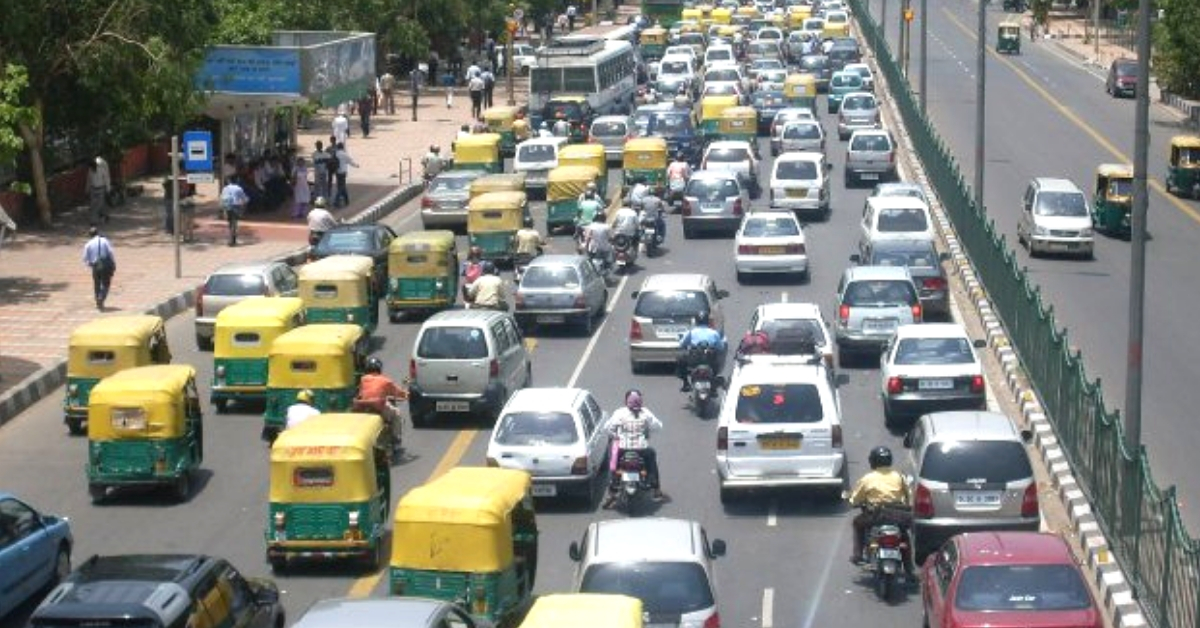As stated time and again, the Indian road network is reportedly the most unsafe on the planet. In 2017, addressing the Lok Sabha, Nitin Gadkari, the Minister of Road Transport and Highways, said that four lakh road accidents take place in the country in which 1.5 lakh people die every year.
The Motor Vehicles (Amendment) Bill, which is currently stuck in the Parliament, is a positive step forward towards making the roads safer but is being opposed by various opposition parties for curtailing the powers of the state governments and favouring corporates. You can read more about it here.
As the debate rages on, measures are thankfully being taken to address this issue, and one positive step in this direction is the mandatory fitting of the Advanced Driver Assistance System (ADAS) in all vehicles.

As reported in NDTV, come 2022, all new cars and heavy vehicles like buses and trucks will be compulsorily fitted with a device to automatically apply the brakes if any object on the road is detected. This announcement was made by Gadkari on Thursday.
What is ADAS and how does it work?
Advanced driver-assistance systems, or ADAS, are systems to help the driver in the driving process. When designed with a safe human-machine interface, they should increase car safety and more generally road safety. The system has electronic stability control, an autonomous braking system, anti-lock brakes, lane departure warning, and adaptive cruise control.
Electronic stability control, or ESC, reduces the loss of traction or skidding. When ESC detects loss of steering control, it automatically applies the brakes to help steer the vehicle. The autonomous emergency braking system keeps an eye out for vehicles or other objects in front and applies the brakes to avoid a collision.
Premium automobile manufacturers like Volvo and Mercedes offer the ADAS such as adaptive cruise control, lane keeping assistance and automatic braking. These systems rely on proper road signs and markings, as well as good road conditions. The ADAS can also have other features like a ‘blind spot monitor’ and features to detect driver drowsiness.
According to Road Transport Ministry sources, the Government in Delhi will send out a notification to automakers informing them about the time by which the emergency braking system will have to get activated, to give them enough time to make manufacturing plans.
Speaking to TOI, an official with the Transport Ministry said, “We have already held one round of discussion with the stakeholders including the industry. This feature is likely to become mandatory in some western countries by 2021, so we are also advancing our plan.”
You may also like:- Cars & Bikes to Get Costlier From Sept 1: Here’s Why & How Much More You’ll Have to Pay!
Hopefully, the implementation from Delhi will bring down the incident of road accidents, but what we really need is an overhaul in driver mentality in India, and an infrastructural overhaul of the roads, so that driving on Indian roads, is not a gamble with death.
(Edited by Gayatri Mishra)
Like this story? Or have something to share? Write to us: contact@thebetterindia.com, or connect with us on Facebook and Twitter.
If you found our stories insightful, informative, or even just enjoyable, we invite you to consider making a voluntary payment to support the work we do at The Better India. Your contribution helps us continue producing quality content that educates, inspires, and drives positive change.
Choose one of the payment options below for your contribution-
By paying for the stories you value, you directly contribute to sustaining our efforts focused on making a difference in the world. Together, let's ensure that impactful stories continue to be told and shared, enriching lives and communities alike.
Thank you for your support. Here are some frequently asked questions you might find helpful to know why you are contributing?
